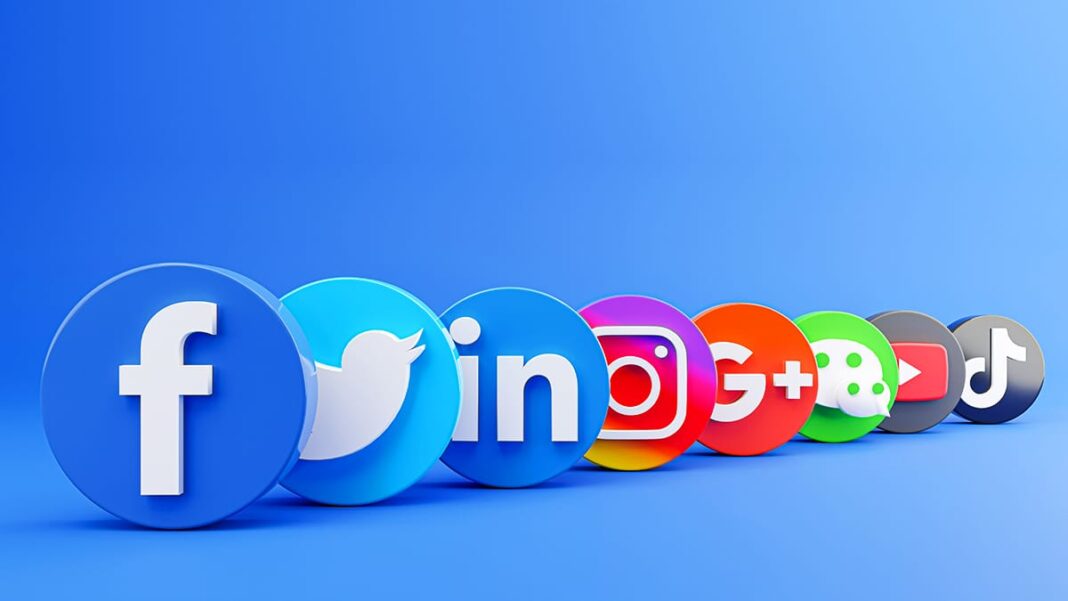In recent years, social media has become an integral part of our daily lives, revolutionizing the way we communicate and connect with others. This technological phenomenon has had a significant impact on the United States, shaping how information is shared, ideas are spread, and conversations take place. Social media platforms, such as Facebook, Twitter, and Instagram, have become powerful tools for communication, breaking down barriers and creating new opportunities for engagement. This article explores the transformative role of social media in the United States and the implications it has on the future of communication.
The Rise of Social Media: A Paradigm Shift in Communication
The advent of social media has brought about a paradigm shift in the way people communicate. Traditional modes of communication, such as face-to-face interactions and phone calls, have been supplemented by online platforms that allow for instantaneous and global connections. Social media has democratized communication, giving a voice to individuals who were previously marginalized or ignored by mainstream media. This has led to a more diverse and inclusive public sphere where different perspectives and minority voices can be heard.
Moreover, social media has also altered the speed at which news and information spread. In the pre-social media era, news dissemination relied heavily on traditional media outlets. However, with the rise of platforms like Twitter, breaking news can now reach millions of people within seconds, bypassing the traditional gatekeepers of news. This has both positive and negative implications, as the rapid spread of information can lead to misinformation or the amplification of false narratives.
Impact on Society and Politics
The impact of social media on society and politics in the United States cannot be understated. These platforms have become powerful tools for political organizing, activism, and mobilization. Social media played a crucial role in movements such as the Arab Spring, Occupy Wall Street, and the Black Lives Matter movement. It has provided a space for individuals to express their grievances, organize protests, and connect with like-minded individuals. In this sense, social media has proven to be a catalyst for social change and a powerful platform for marginalized communities to challenge dominant narratives.
On the political front, social media has reshaped political campaigns and voter engagement. Political candidates now use social media platforms to connect directly with their supporters, bypassing traditional media channels. The 2016 U.S. presidential election witnessed the extensive use of social media by candidates, with platforms like Twitter serving as a battleground for political debates and controversies. Additionally, social media has become a key tool for political parties and interest groups to spread their message, sway public opinion, and target specific voter demographics.
Important Points to Consider
1. The Power of Algorithms: Social media platforms operate on complex algorithms that curate and personalize content for users. While this enhances user experience, it also creates filter bubbles, where individuals are exposed primarily to content that aligns with their existing beliefs and values. This has been criticized for contributing to the polarization of society and the spread of misinformation.
2. Privacy Concerns: With the widespread use of social media, privacy concerns have become a prominent issue. User data is collected and analyzed for targeted advertising, raising questions about data protection and surveillance. The Cambridge Analytica scandal highlighted the potential misuse of personal data and the need for robust privacy regulations.
3. Online Harassment and Cyberbullying: Social media platforms have also been plagued by the issue of online harassment and cyberbullying. The anonymity and ease of communication make it an ideal platform for the spread of hate speech and harassment. Efforts are being made to combat these issues, but the challenge of striking a balance between free speech and protecting users from abuse remains.
In summary, social media has revolutionized communication in the United States, disrupting traditional modes of interaction and connecting people on a global scale. It has democratized information sharing, empowered marginalized voices, and transformed political campaigns and activism. However, it is crucial to address the challenges posed by algorithms, privacy concerns, and online harassment to ensure that social media continues to enrich public discourse and foster positive change. The future of social media and its impact on communication in the United States will undoubtedly be shaped by ongoing developments and societal responses.
- Revolutionizing Uruguay: Cutting-Edge Technology Transforms Nation’s Future - 26 de junio de 2023
- Unleashing the Power of social media: Uruguay’s Digital Revolution Begins! - 26 de junio de 2023
- Revolutionizing Uruguay: Cutting-Edge Technology Transforms Nation’s Future - 26 de junio de 2023



